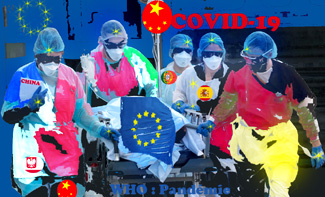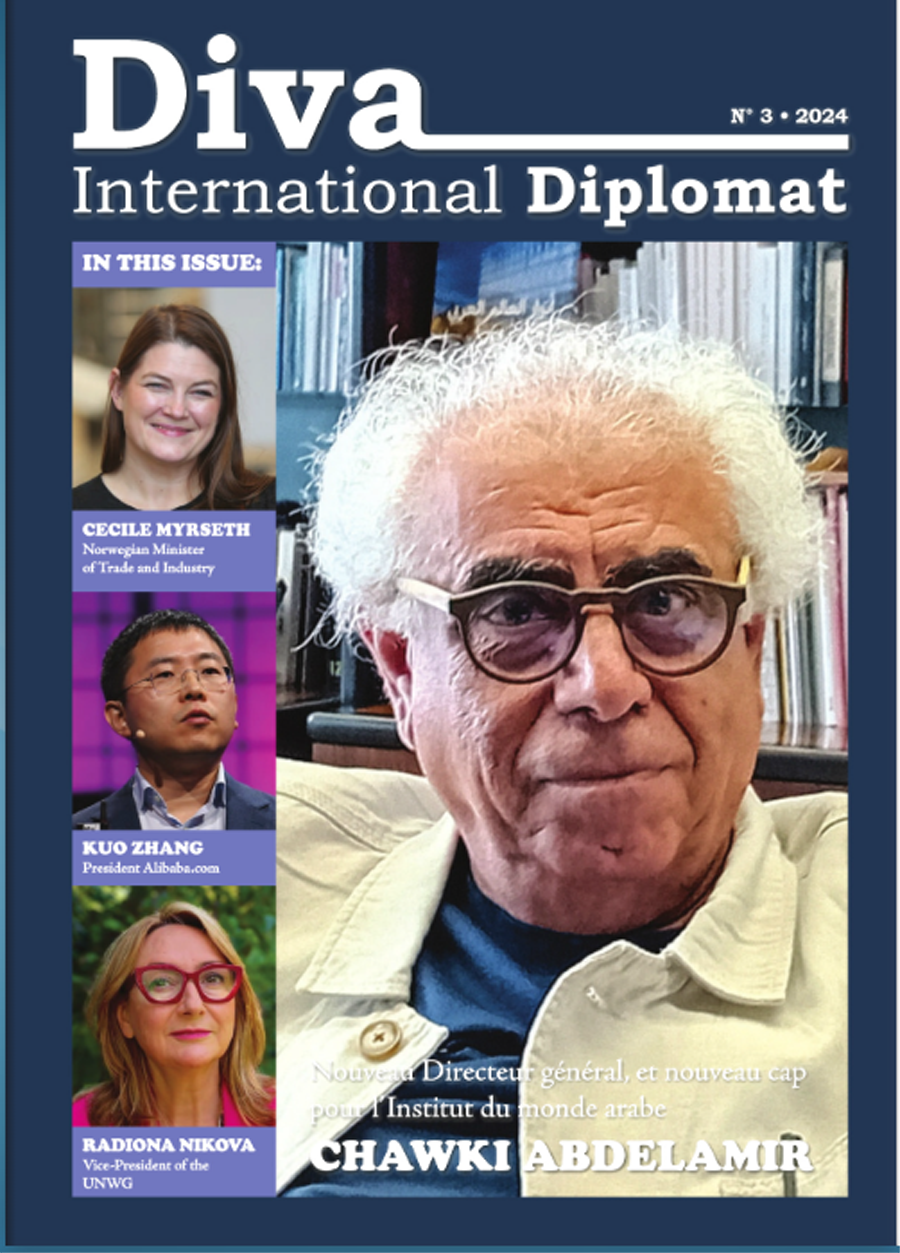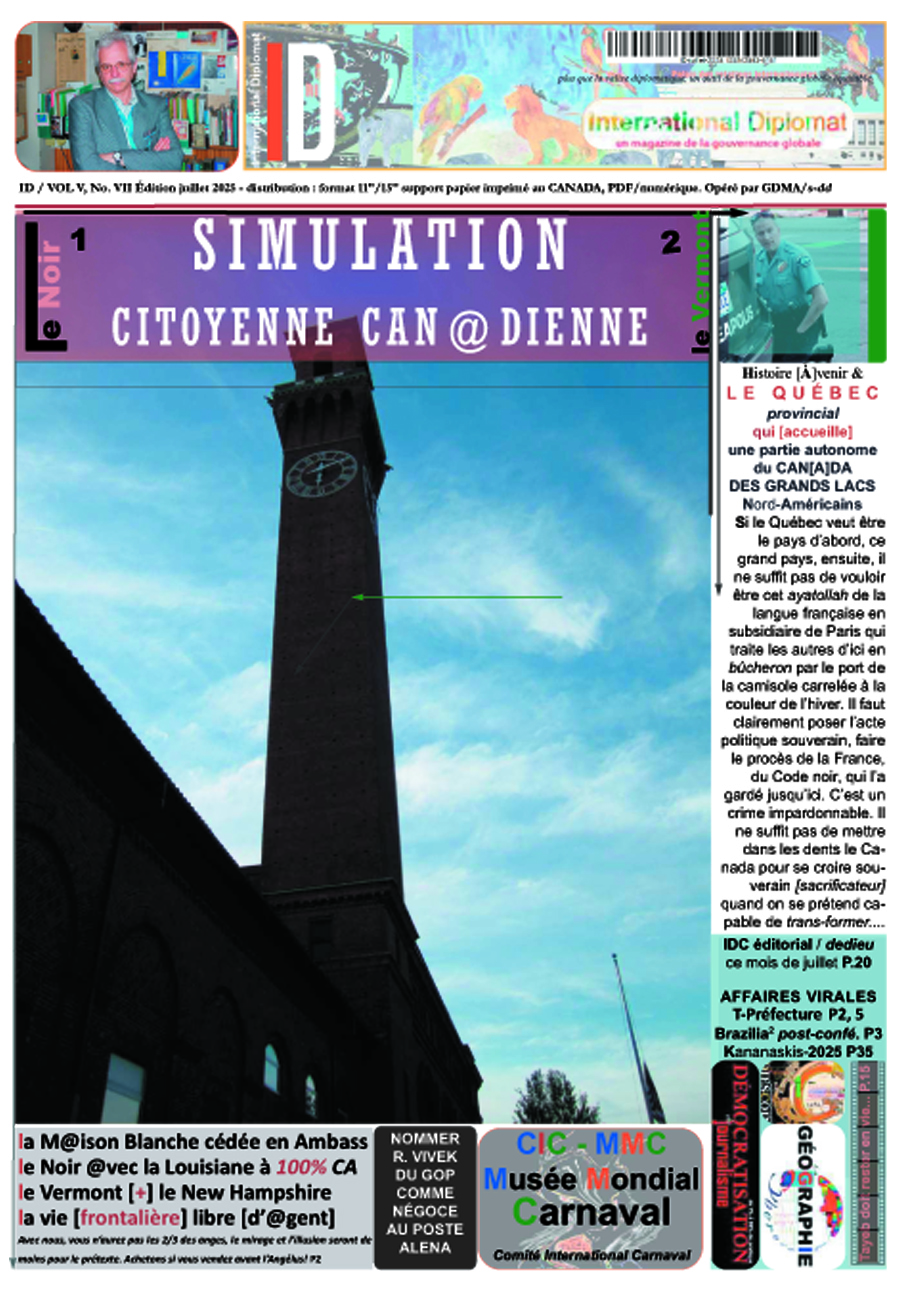
COVID-19 pandemic exposes repression of free expression and right to information worldwide, UN expert says
GENEVA (10 July 2020) – Governments around the world must take action to protect and promote freedom of expression during the COVID-19 pandemic, which many States have exploited to crack down on journalism and silence criticism, a UN expert said today.
Presenting his latest report on freedom of expression and disease pandemics to the Human Rights Council, the UN Special Rapporteur on Freedom of Expression, David Kaye, raised serious concern over new measures restricting and punishing the free flow of information.
“People have died because governments have lied, hidden information, detained reporters, failed to level with people about the nature of the threat, and criminalised individuals under the guise of ‘spreading false information’,” the Special Rapporteur said. “People have suffered because some governments would rather protect themselves from criticism than allow people to share information, learn about the outbreak, know what officials are or are not doing to protect them.
“In the past three months, numerous governments have used the COVID-pandemic to repress expression in violation of their obligations under human rights law,” Kaye said. “Since the earliest days of the pandemic, I have raised concerns about repression of expression that has a direct impact on public health information, including Belarus, Cambodia, China, Iran, Egypt, India, Myanmar, and Turkey.”
The Special Rapporteur urged governments to address five challenges in particular:
- Reinforce access to information and share as much as possible about the course of the disease and the tools people should use to protect themselves and their communities.
- End the practice of internet shutdowns and other limitations on access to the internet.
- Refrain from all attacks on the media and release all journalists detained, whether during or before the pandemic, especially given the health risks they face.
- Do not treat the so-called infodemic as a problem that criminalisation will solve. Penalties limit the willingness of people to share valuable information and they are often subject to abuse. Government should work with social media companies, where much disinformation takes place, to ensure that they are transparent enough for governments to take meaningful steps to promote and protect public health.
- Ensure that any public health surveillance measures are consistent with fundamental legal standards of necessity and proportionality and are transparent, non-discriminatory, limited in duration and scope, subject to oversight, and never be used to criminalise individuals.
“I am further concerned about efforts to repress disinformation using tools of criminal law, which are likely to hamper the free flow of information, such as in Brazil and Malaysia,” the Special Rapporteur said.
The pandemic has underscored how the freedom of expression reinforces public health initiatives. Governments must ensure that their laws, policies and practices meet their obligations in order to promote human rights and public health, the Special Rapporteur said.
ENDS
The expert: Mr. David Kaye, Special Rapporteur on the promotion and protection of the right to freedom of opinion and expression





